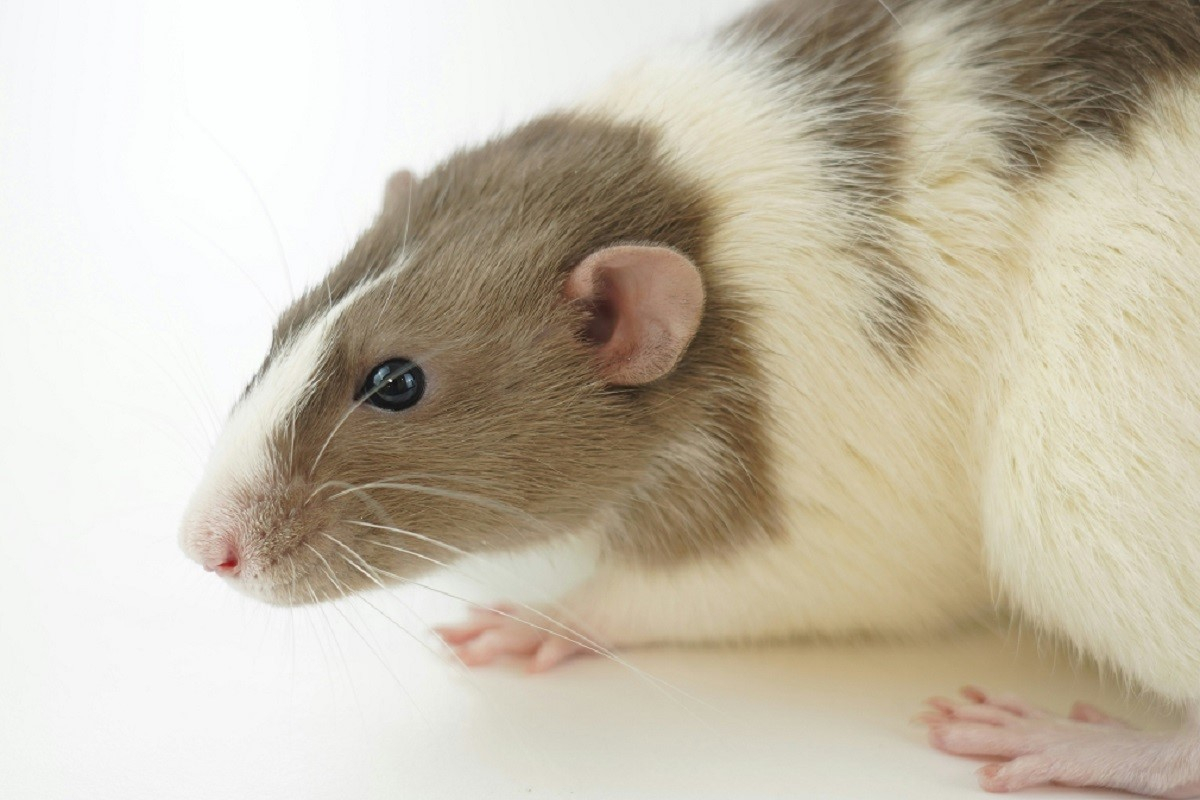Scientists from St Petersburg University: rats with ADHD have difficulty performing complex behavioural tasks
Biologists from St Petersburg University have studied the behaviour of DAT-KO rats, which are a model of attention deficit hyperactivity disorder (ADHD). The research findings revealed that these rats experience difficulties in completing complex behavioural tasks.

Disorders such as attention deficit hyperactivity disorder (ADHD), Parkinson’s disease, Tourette syndrome, schizophrenia and manic episodes that are common in bipolar disorder, may result from altered dopamine transmission. Dopamine is a neurotransmitter that plays a critical role in the brain, particularly in processes such as motor activity, learning, and memory.
The results of the research supported by a grant from the Russian Science Foundation have been published in two papers in the scholarly journal Biomedicines in 2024.
Scientists from St Petersburg University studied behaviour in a line of DAT-KO rats, which are genetically modified to lack the gene (i.e., "knocked out") responsible for producing the dopamine active transporter protein (DAT). In these animals, the neurotransmitter dopamine, which is normally released in the brain under specific conditions, remains in the synaptic cleft for an abnormally long period. This results in heightened activity: the rats struggle to remain still, exhibit attention deficits, and demonstrate impaired learning abilities.
We have investigated the characteristics of DAT-KO rats that lack the dopamine transporter. It turned out that hyperactive DAT knockout rats are prone to stereotypic behaviour, which hinders their ability to learn effectively and perform complex behavioural tasks.
Anna Volnova, Principal Investigator of the project supported by the Russian Science Foundation, Leading Research Associate in the Laboratory of Neurobiology and Molecular Pharmacology at the Institute of Translational Biomedicine of St Petersburg University
"For example, the knockout animals have poorer spatial orientation, making them less successful than rats without the genetic defect at finding food in specially designed mazes," said Anna Volnova, Principal Investigator of the project supported by the Russian Science Foundation, Leading Research Associate in the Laboratory of Neurobiology and Molecular Pharmacology at the Institute of Translational Biomedicine of St Petersburg University.
The University’s biologists also investigated how the behavioural peculiarities of DAT-KO rats are associated with their brain’s electrical activity. Information processing in the brain is a distributed process, requiring the synchronisation of neuronal activity across different brain regions. In their study, the scientists from St Petersburg University examined the synchronisation of neuronal activity recorded from the rats’ cerebral cortex and striatum during four distinct behaviours. Their findings revealed that DAT knockout rats exhibit abnormal desynchronisation of rhythms between different brain areas, particularly during exploratory behaviour.
The team of scientists used the infrastructure of the St Petersburg University Research Park: the Vivarium Resource Centre and the Resource Centre for Molecular and Cell Technologies. They also used the Centre for Stem Cell Technologies of the Institute of Cytology of the Russian Academy of Sciences. The research was conducted by a large team of scientists in collaboration with Pavlov First Saint Petersburg State Medical University.
The research project is supported by the grant from the Russian Science Foundation (project No 21‑75‑20069) "Study of the neurobiological bases of pharmacological correction of attention deficit hyperactivity disorder on animal models."
This desynchronisation may be a key factor underlying the hyperactivity observed in DAT-KO rats. The scientists from St Petersburg University propose that hyperdopaminergia in knockout rats reduces the efficiency of information processing in brain structures, making it more challenging for them to solve complex behavioural tasks, such as navigating mazes quickly and effectively.
Such studies in the so-called animal models are essential for identifying the mechanisms underlying dopamine-dependent pathologies and developing pharmacological approaches for their treatment. The biologists from St Petersburg University use rats in their research because rats exhibit more complex behaviours than, for example, mice, making them better suited for modelling neuropsychiatric disorders. By studying DAT-KO rat models, the researchers aim not only to gain deeper insights into the mechanisms of dopamine-dependent pathologies but also to identify methods for their pharmacological correction in future.
St Petersburg University, the oldest university in Russia, was founded on 28 January (8 February) 1724. This is the day when Peter the Great issued a decree establishing the University and the Russian Academy of Sciences. Today, St Petersburg University is an internationally recognised centre for education, research and culture. In 2024, St Petersburg University celebrates its 300th anniversary.
The plan of events during the celebration of the anniversary of the University was approved at the meeting of the Organising Committee for the celebration of St Petersburg University’s 300th anniversary. The meeting was chaired by Dmitry Chernyshenko, Deputy Prime Minister of the Russian Federation. Among the events are: the naming of a minor planet in honour of St Petersburg University; the issuance of bank cards with a special design; and the branding of the aircraft of the Rossiya Airlines to name just a few. To mark the 300th anniversary of St Petersburg University, a postage stamp depicting the Twelve Collegia building and the monument to Count Sergey Uvarov was issued. Also, a Soyuz rocket bearing the symbols of the University was launched from the Baikonur Cosmodrome.
By the decision of the Governor of St Petersburg Alexander Beglov, 2024 is a year of the 300th anniversary of St Petersburg University in St Petersburg. On the day of the University’s 300th anniversary torches were lit on the Rostral Columns on the Spit of Vasilyevsky Island. St Petersburg University flags were raised on the Palace Bridge. The city public transport was decorated with the University’s symbols. During St Petersburg’s City Day celebrations in May 2024, St Petersburg University acted as a participating venue. Additionally, the University has launched a website dedicated to the anniversary. The website contains information about outstanding University staff, students, and alumni; scientific achievements; and details of events held as part of the celebration of the 300th anniversary of the University.

